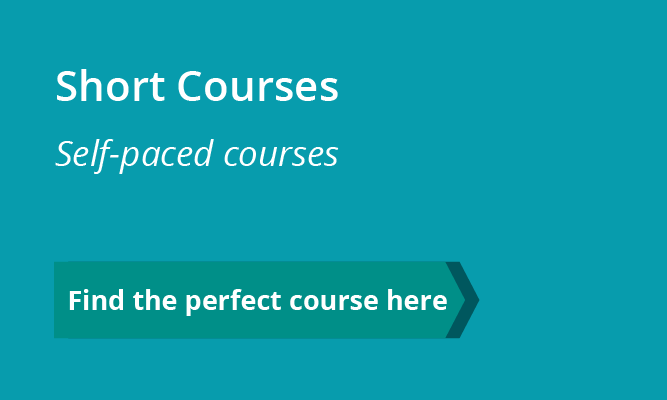OUR 2025 COURSES
Occupational Qualifications
18 to 30-month programmes

Occupational Certificate Tax Professional
(NQF 8) Full Programme
Start Date:
23 January 2026
Course Duration:
30 Months
Payment Plan:
From R 977
Flexible payment options available

Occupational Certificate Tax Professional
(NQF 8) Accelerator Programme
Start Date:
23 January 2026
Course Duration:
18 Months
Payment Plan:
From R 977
Flexible payment options available

Occupational Certificate Tax Technician
(NQF 6) Full Programme
Start Date:
23 January 2026
Course Duration:
30 Months
Payment Plan:
From R 823
Flexible payment options available

Occupational Certificate Tax Technician
(NQF 6) Accelerator Programme
Start Date:
23 January 2026
Course Duration:
18 Months
Payment Plan:
From R 823
Flexible payment options available
Accounting Technician
12 months programme

Certificate in Accounting
(NQF 5)
Start Date:
23 January 2026
Course Duration:
12 Months
Payment Plan:
From R 823
Flexible payment options available
Professional Certificates
4 to 12-month programmes

Professional Certificate in Taxation
Start Date:
23 January 2026
Course Duration:
12 Months
Payment Plan:
From R 545
Flexible payment options available

Professional Certificate in Advanced Taxation
Start Date:
23 January 2026
Course Duration:
12 Months
Payment Plan:
From R 566
Flexible payment options available

Professional Certificate in Taxation of Individuals
Start Date:
23 January 2026
Course Duration:
6 Months
Payment Plan:
From R 293
Flexible payment options available

Professional Certificate in Corporate Taxation
Start Date:
23 January 2026
Course Duration:
6 Months
Payment Plan:
From R 293
Flexible payment options available

Professional Certificate in International Taxation
Start Date:
23 January 2026
Course Duration:
6 Months
Payment Plan:
From R 515
Flexible payment options available

Professional Certificate in Transfer Pricing
Start Date:
23 January 2026
Course Duration:
6 Months
Payment Plan:
From R 515
Flexible payment options available

Professional Certificate in Estate and Trust Administration
Start Date:
20 February 2026
Course Duration:
7 Months
Payment Plan:
From R 461
Flexible payment options available

Professional Certificate in Tax Dispute Resolution
Start Date:
10 April 2026
Course Duration:
8 Months
Payment Plan:
From R 503
Flexible payment options available

Professional Certificate in Payroll Taxes and Administration
Start Date:
20 February 2026
Course Duration:
6 Months
Payment Plan:
From R 314
Flexible payment options available

Professional Certificate in Value-Added Tax
Start Date:
10 April 2026
Course Duration:
4 Months
Payment Plan:
From R 282
Flexible payment options available

Professional Certificate in Accounting for Tax in Financial Statements
Start Date:
10 April 2026
Course Duration:
4 Months
Payment Plan:
From R 282
Flexible payment options available

Professional Certificate in Tax Advisory and Opinion Writing
Start Date:
10 April 2026
Course Duration:
4 Months
Payment Plan:
From R 346
Flexible payment options available

Professional Certificate in Advanced Taxation of Individuals
Start Date:
23 January 2026
Course Duration:
6 Months
Payment Plan:
From R 293
Flexible payment options available


.jpg
)
.jpg)












